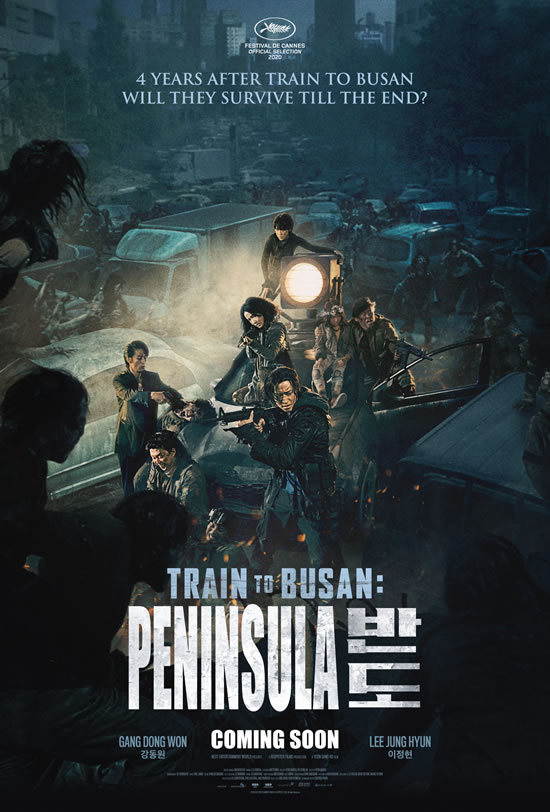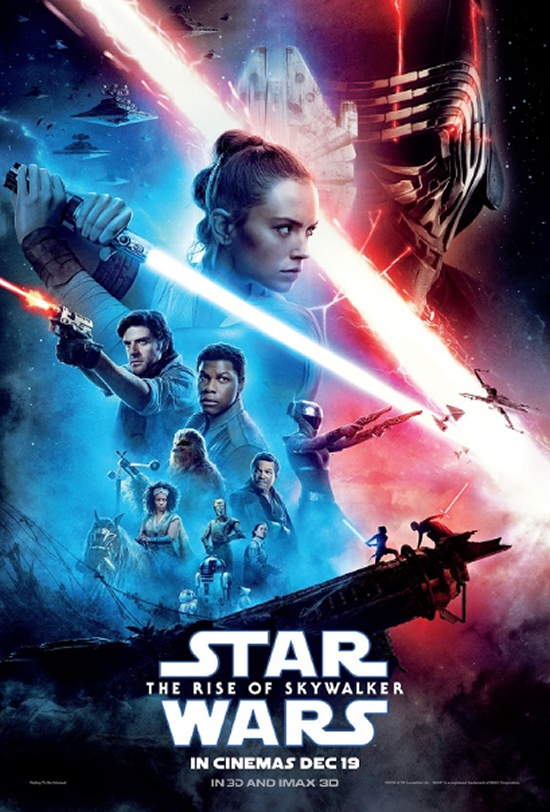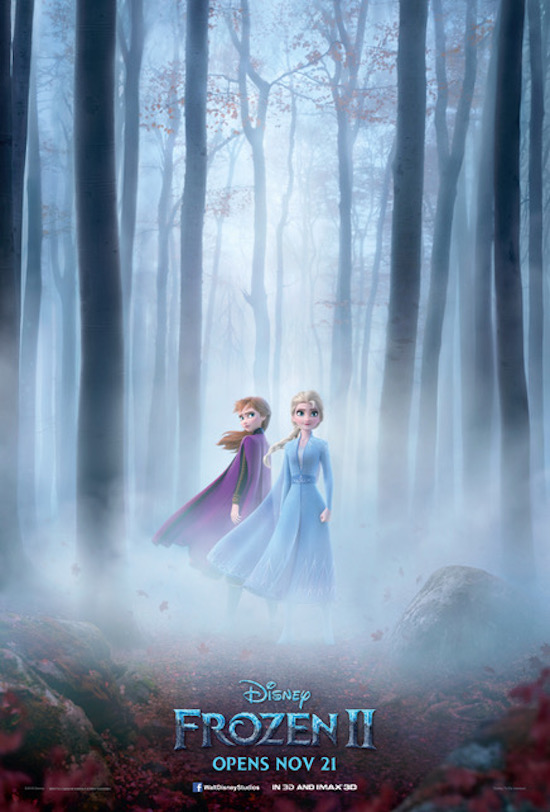Genre: Action, Comedy
Director: Taika Waititi
Screenplay: Taika Waititi
Cast: Chris Hemsworth, Natalie Portman, Christian Bale, Tessa Thompson, Chris Pratt, Taika Waititi, Russell Crowe
Running Length: 119 minutes
Synopsis: Thor: Love and Thunder finds Thor (Chris Hemsworth) on a journey unlike anything he’s ever faced – a quest for inner peace. But his retirement is interrupted by a galactic killer known as Gorr the God Butcher (Christian Bale), who seeks the extinction of the gods. To combat the threat, Thor enlists the help of King Valkyrie (Tessa Thompson), Korg (Taika Waititi) and ex-girlfriend Jane Foster (Natalie Portman), who – to Thor’s surprise – inexplicably wields his magical hammer, Mjolnir, as the Mighty Thor. Together, they embark upon a harrowing cosmic adventure to uncover the mystery of the God Butcher’s vengeance and stop him before it’s too late.
Review: The adage of “you can’t please them all” is a very apt one to use for Thor: Love and Thunder. While Thor: Ragnarok well and truly rebooted Thor as a character in the MCU and introduced elements of comedy into Marvel’s film canon like never before (excepting Deadpool, which is really in a subset of its own), Love and Thunder veers a little too far into oddball Taika Waititi territory and comes off as a little more forced than what Ragnarok had offered up.
This may please fans of the director and those looking for something that differs from the (superhero/MCU) norm, but Love and Thunder also feels a little too low-stakes for a superhero movie, and the comedic elements sometimes works against the more dramatic sequences in the film, lessening their impact. The film ends up feeling a little like a Jack-of-all-trades but master of none, with the humor a little less universally funny than it should be, a little less stirring emotionally than it aims to be, and the romance being a little less convincing than it needs to be. However, the film does have enough heart and verve – love and thunder, if you will – to remain a Summer crowd-pleaser and given its moderate running time (an economical 119 minutes), does not outlive its welcome.
While the visuals are somewhat uneven, there are some standout sequences including an excellent desaturated battle between Thor’s group and Gorr the God Butcher, as well as some opulent set design and art direction when the crew visits Zeus (a rather out-of-leftfield comedic turn from Russell Crowe, to mixed results) and other gods in Omnipotent City. The film also boasts an excellent soundtrack, peppered with various 80s rock anthems which are used to great effect, and reinforced by Michael Giacchino’s fun, rock-infused musical score.
Chris Hemsworth has shown that he’s an actor with great comedic timing, and it’s once again on display here in Love and Thunder. Whether you appreciate what Taika has done with Thor’s characterization over these two Thor films or not, there’s no denying that Hemsworth manages to land most of it and is willing to go to great lengths to do so (including literally going butt naked for a scene). He also enjoys great chemistry with returning Marvel alum Natalie Portman, who sheds part of her “serious scientist” persona from Thor: The Dark World and takes up the mantle of The Mighty Thor, wielding Thor’s original hammer Mjolnir.
New-to-MCU Christian Bale is as expected a standout Marvel villain, with one of the more complex character motivations we’ve seen in a (long) while. Bale has been a consistently good/great actor and here he manages to convey both menace and despair convincingly despite appearing in a limited number of scenes. However, in the grander scheme of the MCU, Gorr does come across as being a more minor villain than some of the foes Thor (moreso the Avengers) has faced up against. This has been emblematic of the Phase 4 MCU theatrical titles so far, which while being more experimental than before, all feel more self-contained and doesn’t seem to have shed much light on what “big bad” the MCU is building toward next, post-Thanos. Given the next few theatrical titles would be revisiting key MCU characters, hopefully the answer will come sooner than later.
Rating: * * * (out of four stars)









